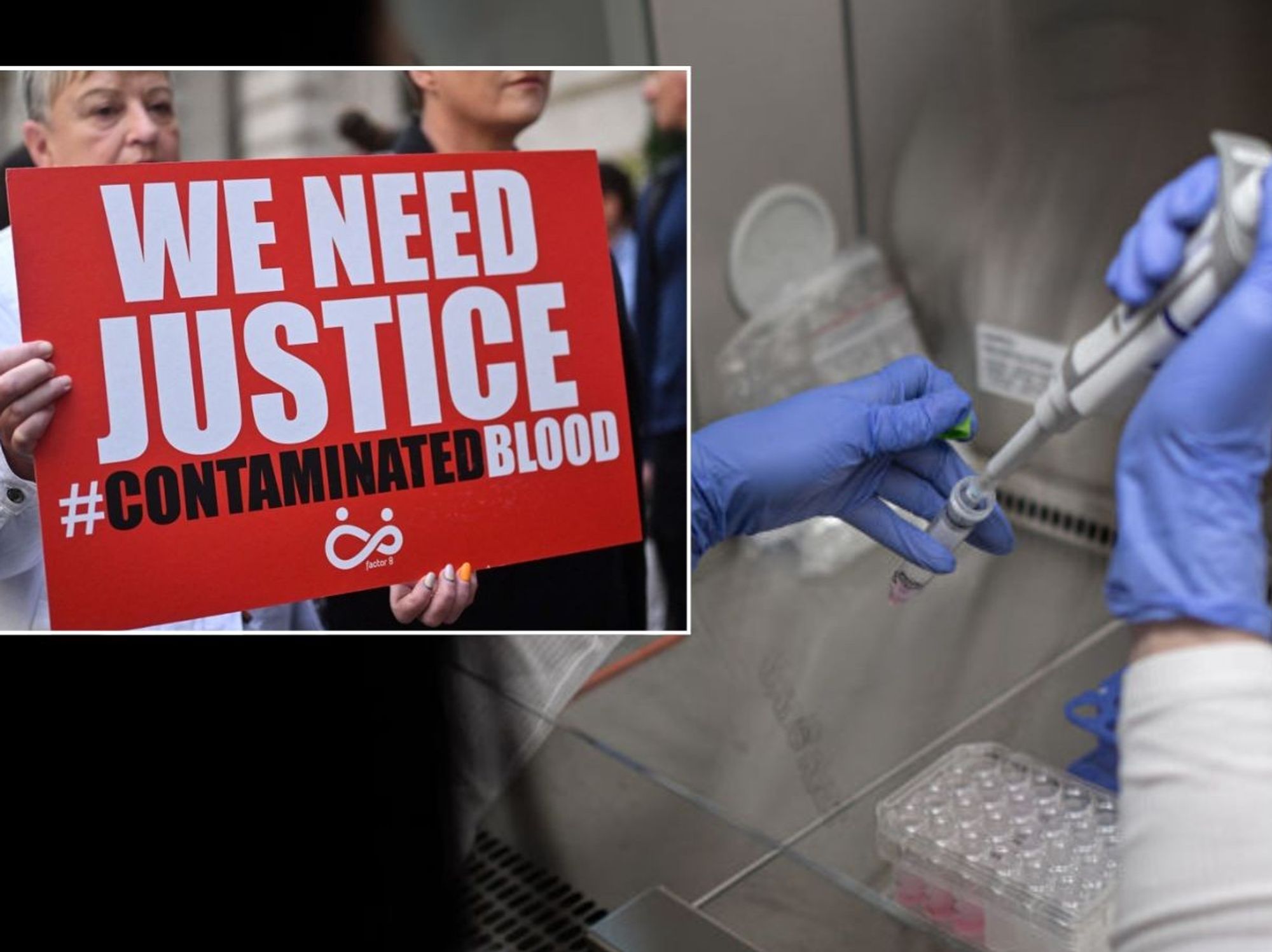Don't Miss
Most Read
Trending on GB News
Most GPs are now only working three days a week or less, with only half working on Friday afternoons, according to Government research.
The new study revealed a “substantial” fall in hours worked since the pandemic as the UK’s family doctors are opting for longer weekends.
Commissioned by the Department of Health, the research found 58.4 percent of GPs were working six half-days sessions or less, which amounts to three days per week overall.
This is compared to 50.1 percent when the survey was last conducted pre-pandemic in 2019.
While 63.5 percent are working on Monday afternoons, this dramatically drops to just 50 percent on Friday.
GP checking a patient's blood pressure
Anthony Devlin
Boris Johnson visits Woodgrange GP Surgery vaccination centre in east London
Jeremy Selwyn/Evening Standard
Researchers said the findings were “worrying,” calling for long-term reform in the way doctors work to ensure there are enough GPs in place.
Professor Matt Sutton, from the University of Manchester, said: “We are seeing a steady reduction in the hours, albeit starting from quite a high level, and a concentration very much on the start of the week, so we have got fewer GPs in work by the time it’s Friday.”
“Like everyone else, GPs want a decent work-life balance, and often they are able to cut their hours back,” he said.
It comes after the finding that just over a third of GPs plan to quit their job in the next five years.
And that three in five (60 percent) of GPs over the age of 50 plan to hang up their stethoscopes by 2026, according to a new study.
Researchers who conducted the latest annual GP Worklife survey said they found a dip in job satisfaction between 2019 and 2021, with just over half (51 percent) saying they were satisfied with their job in 2021.
GPs highlighted problems with increasing workloads, increased demands from patients and having “insufficient time to do the job justice”.
The poll of almost 2,300 family doctors working in England found that paperwork was causing stress as were long working hours and dealing with “problem patients”.
More than eight out of 10 GPs reported experiencing considerable or high pressure from increasing workloads and increased demands from patients.
Professor Kath Checkland from the University of Manchester, who led the study, said: “It is not really surprising that job satisfaction has dropped amongst GPs during the pandemic, but the survey provides some evidence about the areas of work they are finding more stressful, which may help in designing ways to support them.
“The fact that 16 percent of GPs under the age of 50 are thinking about leaving their jobs is worrying, and suggests that work is still needed to ensure that general practice is sustainable for the long term.”
A Department of Health and Social Care spokesman said: “We are working to support and grow the general practice workforce, address the reasons why doctors leave the profession, and encourage them to return to practice.
“In December 2021 there were over 1,600 more doctors working in general practice compared to 2019 and a record-breaking number started training as GPs last year.
“We have invested £520 million to expand GP capacity during the pandemic, on top of £1.5 billion until 2024, and we are making 4,000 GP training places available each year, to help create an extra 50 million appointments annually.”












